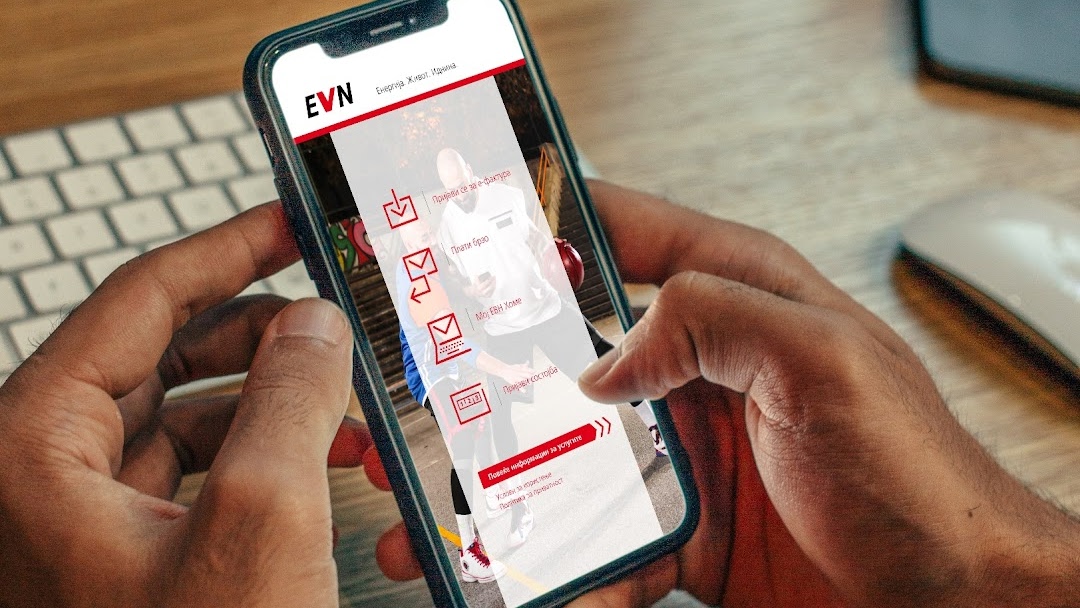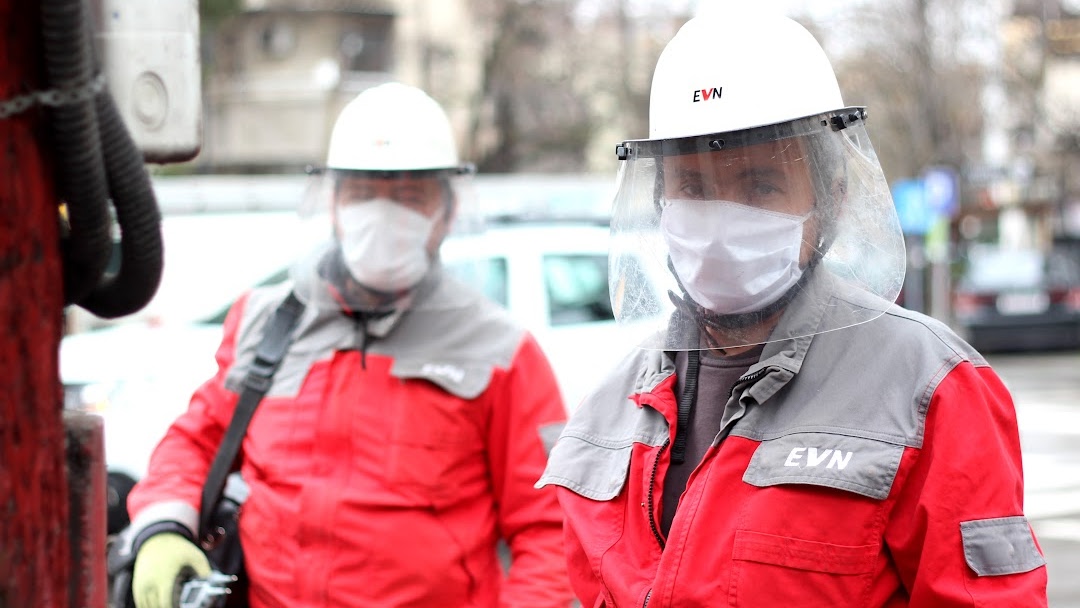Interview with: Iskra Tikvarovska Kazandjievska, Marketing Officer at EVN, N. Macedonia
Published on: September 17, 2020
- What digital transformation steps your company has adopted in the last period?
As an operator of critical national infrastructure, our primary goal in these past months has been ensuring seamless operations by the protection of people’s health. Digitalization of processes largely helps social distancing, so our efforts in this regard intensified. We implemented various digital changes across our entire supply chain in order to ensure the safety of our employees, customers, and partners.


The corona crisis hit in the midst of our online services promotional campaign. We had just released a new improved version of our online services, giving customers more options and information for payment and receipt of invoices. This is a part of EVN’s long-term strategy to educate and incentivize customers to use digital tools. Due to the day-to-day development of the crisis, it quickly became evident that we had to accelerate new online options development already in our pipeline. In two months, we added essential new services: self-reading of meters and re-connection requests and payment. For some customer issues, we also introduced Viber as an additional communication channel. By producing informational content such as online tutorials we strengthened customer education.
Seamless service for customers meant providing our employees a safe work environment. To guarantee physical distancing, a large number of employees now work in shifts, and from home. To make remote work possible, we implemented new communication protocols, using online video, voice, and chat platforms for training, meetings, and coordination as well as remote access to the IT systems. Managers were given a range of digital tools to organize and manage their teams. Performance tracking software solutions were implemented where appropriate.
Still, the nature of our business is specific, and we provide customers with one of the most essential services that enable their everyday lives. That is why many of our employees remained on the field, with additional safety measures. Paperwork for daily tasks was eliminated and digitalized, as well as tactical coordination.
Mass-internal communication, aside from e-mail and Intranet, now has an additional channel – SMS. A large portion of formal internal communication is done through existing ERP systems. In this regard, all internal forms that were still done on paper were digitalized and are now handled electronically.
Finally, we also considered our valued partners and suppliers. A new procurement platform now enables processes to be entirely treated online – from document submission, decision making, and approval. This both reduces the need for physical contacts and the handling of paperwork.
Generally, the crisis fast-tracked existing and brought out new digital projects in all aspects of our business.
2. What were some of the biggest challenges you have come across and how have you addressed these challenges?
The number of new users on our online customer platform (www.evnonline.mk) was already on the rise, but the crisis was a game-changer. The already high new user base reached all-time high records. In the month of June alone we had over 120.000 online transactions, which is double the amount compared to the pre-corona period.
These numbers, however encouraging, are still an indication that a much higher percentage of our customers need to adapt to these services. It is our duty to continue to improve them, but it takes will and a small effort from the customers to give these services a chance. Customers have always been reluctant to use online services and prefer personal contact. This is deeply engraved in the culture, and it takes profound action to make a difference. That is why now, more than ever, we need to intensify the digital education and conversion of customers.
Employees on the other hand have really given their best. We have done everything to help ease work in these surreal circumstances. All processes have continued uninterrupted, but still, the lack of physical contact has its toll. Practical technical training, as well as work safety instructions for employees, remain a challenge in these extraordinary circumstances. Hands-on dealing with customer issues, meter reading, and infrastructure projects have to go on, and we take special care to perform these in a safe and professional manner. We are thinking about new employees as well, by further digitalizing onboarding information.
New challenges continue to arise, and we must approach the resolutions systematically. As a responsible business and a member of the society, we are considering this reality both seriously and strategically by integrating it into our long-term planning.
3. How the digital transformation has helped your company in such uncertain times?
We are constantly learning from the experiences of all the changes we implemented so far. This is a continuous process and new tools will be utilized and new services are being developed. Our work culture has been transforming in unexpected ways. The experience has been overall positive. People have become more open to new technologies.
The crisis has given us a unique chance to be introspective and to truly get to know our needs and challenges as an organization. Results point out that cooperation between colleagues has proven to be effective and productive. Adapting to the new normality will not end soon.
This period has given us hope and motivation to continue to digitalize our services and processes. To succeed, it is a journey we must take together with all stakeholders – the country as a whole, our customers, our employees, and our partners.

